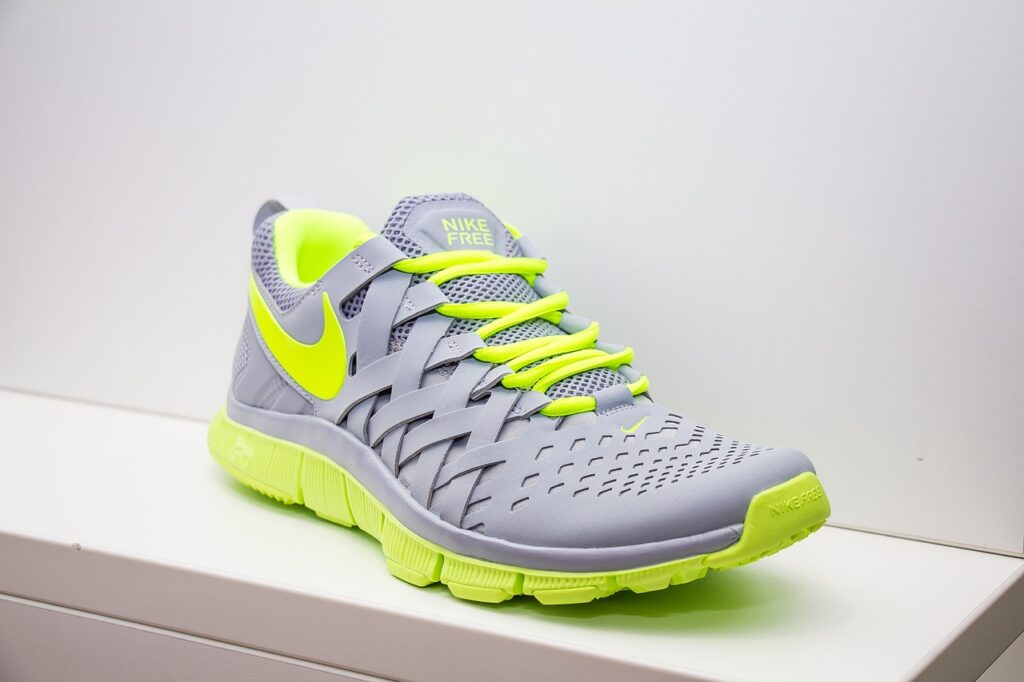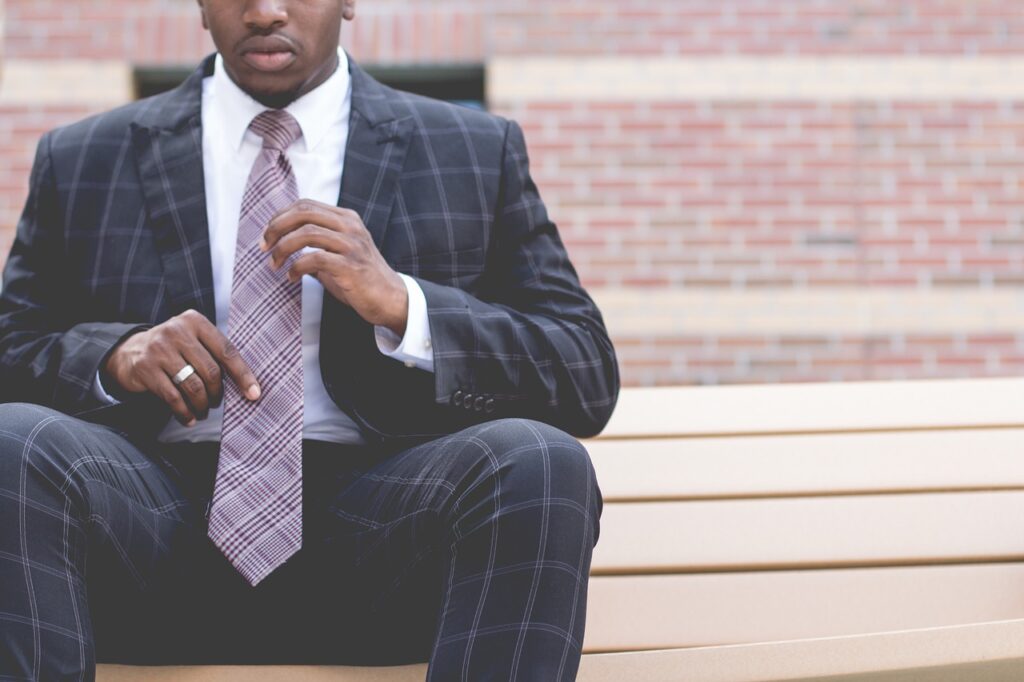Adding rice water to your hair care routine may appear to be just another passing social media beauty trend, but this one-of-a-kind ingredient has an intriguing indigenous history.
Rice is more than simply a significant ingredient for Viori’s hair care line; it is also part of the company’s social responsibility purpose.
Viori makes shampoo bars using Longsheng rice farmed and collected by the Red Yao people, an ethnic minority group that dwells in villages throughout China’s Longsheng province.
The Red Yao women, who reside in farming villages such as Huangluo, Zhongliu, Dazhai, and Jiang Liu, cut their hair once in their lives, between the ages of 16 and 18, to indicate that they are ready to marry.
For the rest of their lives, their long hair is wrapped around the top of their heads in various styles depending on whether they are unmarried, married or have children.
To keep their hair thick, healthy and free of grays for the rest of their lives, the women wash it every three days with Jinsha River water and use a shampoo made of fermented rice water mixed with grapefruit peel, tea bran and herbs.
These traditions and ceremonies have been passed down through generations. According to folklore, hundreds of years ago, a Yao girl used her long hair to lash an undesirable suitor. These days, it represents good fortune, wealth and prosperity.
Inspired by their tale and the benefits of Longsheng rice, the Viori team collaborates closely with the Red Yao people to spread the word about their well-known haircare ingredient.
Viori purchases Longsheng rice and reinvests a portion of the revenues back into the community to fund a variety of development projects.
Longsheng rice water is the secret of the elderly Red Yao women’s thick, long and gray-free hair.
The Anti-Aging Benefits of Using Longsheng Rice Water on Your Hair

Bryce Fisher and his wife, Tszman, co-founders of Viori, spent 2014 studying abroad in China. The pair went to Huangluo village and spoke with a few Red Yao ladies.
“They started asking questions about the significance of their hair, trying to learn more about their culture,” recalls Lynsie Galbraith, Bryce’s sister and Viori co-founder. “One of them let down her hair and it dropped to her ankles—jet black and super healthy.”
After returning to Orem, Utah, Bryce and Tszman maintained touch with several of the Red Yao women they had met in Huangluo.
Four years later, Tszman got the idea to buy rice from the Red Yao people and produce shampoo bars based on their traditional recipes.
So, what makes rice, particularly Longsheng rice, so good for your hair? Rice has 80 to 90% carbohydrate and contains a variety of proteins, amino acids, vitamins (B, C, and E), and minerals.
Longsheng Rice Water preserves many of these minerals and starches, which, according to Viori, are concentrated during the fermentation process.
For thousands of years, the Red Yao people have cultivated the same strain of rice. It is grown at high altitudes in the mountains, away from city pollution and using organic farming practices.
While there haven’t been many scientific studies on the effects of rice water, the World Journal of Pharmacy and Pharmaceutical Sciences released a study in 2021 that confirmed its advantages for skin and hair.
The case study found that the amino acids and carbohydrate inositol in rice serve to strengthen hair and reduce frizz, that rice water protects hair from damage and pollution, that proteins encourage growth and eradicate dandruff and that the pH levels maintain scalp health.
Viori ferments Longsheng rice in the United States and blends it with aloe vera, bamboo extract, broccoli seed oil, cocoa butter, shea butter and natural scents to make mooncake-shaped bars (a homage to the founder’s favorite Chinese dessert).
“Any product we release will always have the values of being plastic-free, vegan, sulfate-free, sustainable, cruelty-free and ethically sourced,” Galbraith said.
“All of these values keep us rooted in how we move forward with new products.”
Viori’s shampoo bars are made with Longsheng rice and shaped like mooncakes, a traditional Chinese dessert.
How Viori Gives Back to the Red Yao People
Longsheng’s villages rely mostly on tourism and farming for income, while many young people leave to work in cities.
Viori wants to help the Red Yao people preserve their unique culture, allowing them to live independently. The connection extends far beyond the use of Longsheng rice, which they purchase at a twofold markup.
Viori’s Beautiful Reasons Initiative provides 5% of profits to projects that the Red Yao believe will help their community in the long run.
This includes providing tables and chairs for the local elementary school, maintaining ancient tea estates so that villagers can start a tea business, and establishing a public health program.
Viori intends to budget $200,000 for Red Yao projects in 2023, a 25% increase from 2022.
“We’re trying to help them get organic certification for their farming, which will open them up to a really big export market,” Galbraith said.
“They already technically have an organic method, but to be considered certified, you have to go through a really lengthy process.”
The indigenous Red Yao women wash their hair with Longsheng rice water and herbs.
Proving the Social Impact Business Model
`The Viori team puts the Red Yao people at the forefront of the brand, providing interviews with Red Yao women, impact reports, updates on their social projects, and traveling to Huangluo to inspire consumers.
“We wanted to be a company that does more than just sell products,” Galbraith said. “We wanted to give back and impact lives for the better, rather than just being another company trying to make money.”
Viori’s retail expansion plans in the United States and beyond will only expand its potential impact on the lives of the Red Yao people. Next year, the brand intends to launch new product lines for men and pets, each with its own social impact partner.
Connecting high-quality, ethically created, and functional products to causes that make a meaningful difference in people’s lives appears to be a winning business strategy for the Viori team.
“When a company is so focused on giving back, it makes your purchase more meaningful,” Galbraith said.
“If we concentrated more on buying from firms that gave back and made a difference, it would have a huge ripple effect. I genuinely feel it would make a significant difference in the world we live in.
FAQS
Does rice water for hair really work?
According to experts, rice water (the liquid that results from soaking or cooking rice) contains nutrients such as amino acids, inositol (which strengthens hair), vitamin B, vitamin C, vitamin E, minerals, and antioxidants, so it should have some topical benefits for your hair, right?
Ask the internet and those who swear by it, and you’ll hear endless claims that it can benefit your hair in the following ways:
- Add shine to dull hair
- Smooth hair and detangle knots
- Strengthen hair
- Thickening hair strands
- Encourage healthy hair growth
What are the side effects of rice water on hair?
Although there are many people who recommend using rice water for hair, there are also those who have had negative experiences, such as flaky buildup on the scalp, protein excess on the hair cuticle, dryness, and breakage.
Rice water contains a high concentration of starch, which can cause brittleness and breaking over time; hence, Hill advises persons with baby fine hair or low porosity hair to proceed with caution while using rice water.
Does rice water harm skin?
Dr. Rabach advises patients with dry scalps to exercise caution as well. Hill cites a 2002 study that revealed that starch in rice water helped cure injured skin in people with dermatitis, but notes that while using rice water may provide relief in one dermatitis case study, it may exacerbate the illness in another.
How do you prepare rice water?
Just as there are numerous anecdotal comments about using rice water for hair, there are also almost a million different recipes available online to try.
If the reviews you’ve heard convince you to give it a chance, you can easily manufacture your own rice water at home.
To acquire your water, Dr. Rabach suggests adding four times as much water as rice, boiling it, and then filtering it. Alternatively, you can watch this well-known YouTube video, which covers every detail.
Is it okay to use rice water on your hair every day?
According to Friese, rice water can be a terrific replacement for conventional conditioner—but only once a week.
You don’t want to overdo it on protein-packed deep conditioners, and you don’t need to include rice water in your regular hair treatment.
How long do you leave the rice water in your hair?
To ensure your safety, follow the manufacturer’s recommendations while using a product containing rice water or rice amino acids.
Friese recommends making your own concoction in 20 minutes or less. If you want a regimen for your rice water rinse, follow Friese’s instructions below:
- Shampoo your hair, then rinse it off.
- Towel dry your hair.
- Pour the rice water over your damp hair.
- Massage rice water into your hair and scalp.
- Cover with a plastic cover or bag (a shower cap also works).
- Leave it on for up to 20 minutes.
- Rinse your hair well with warm water and style it however you wish.
Note: Take note of how your hair and scalp feel following the treatment. If you enjoy the way things appear and feel, rice water could be exactly what your hair has needed all along. But if your hair is feeling worse than before, at least you now know and can move on to find a hair mask that works for you.
Conclusion
Will Longsheng Rice Water work miracles on your hair? Maybe, maybe not. Hill recommends trying it if you’re interested, but be aware that it may or may not work. “Reversing protein overload is a science,” adds Hill. “So just be very careful.”
If your primary concern is hair growth, schedule an appointment with a dermatologist or trichologist to determine the source of your hair loss.
However, if you’ve verified your hair porosity and want to try a home treatment because you’re bored, remember this advice.




